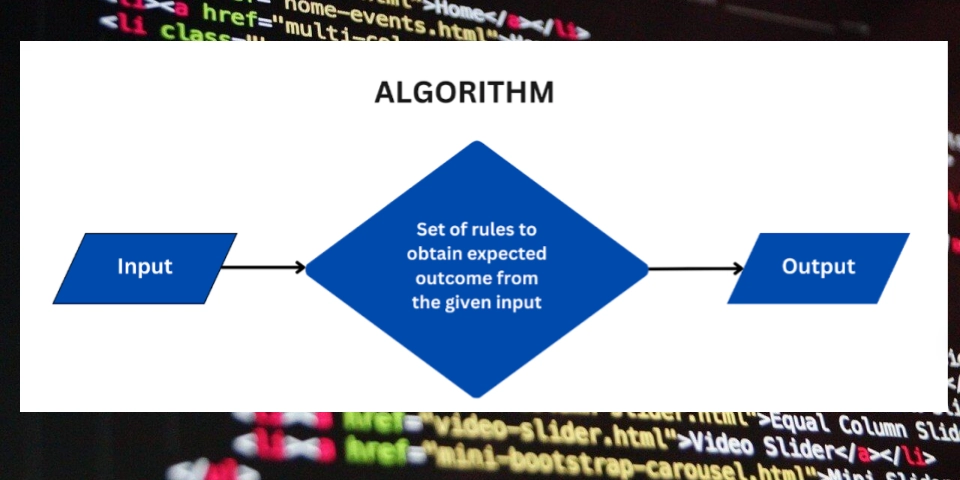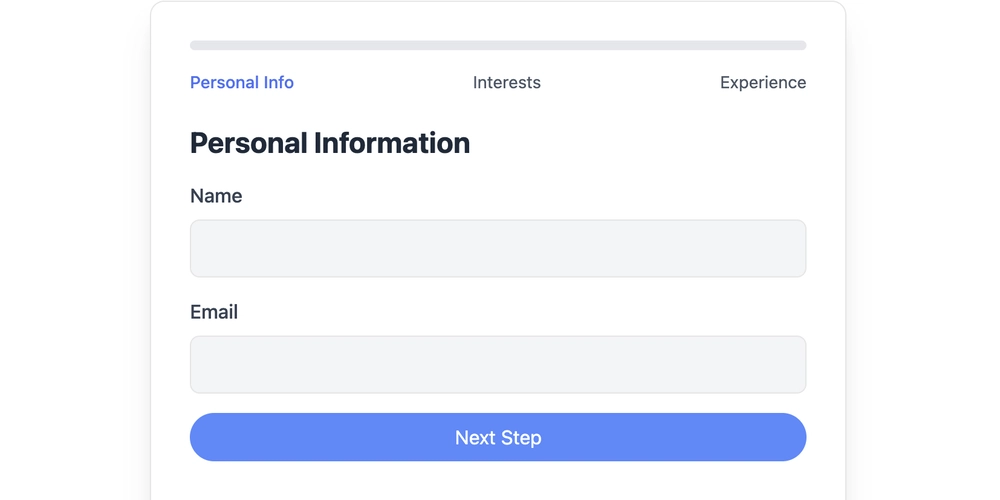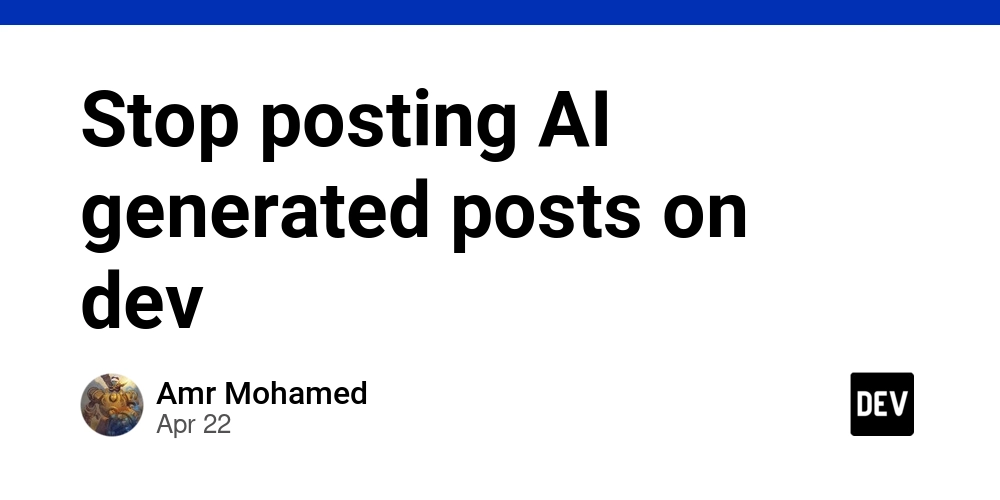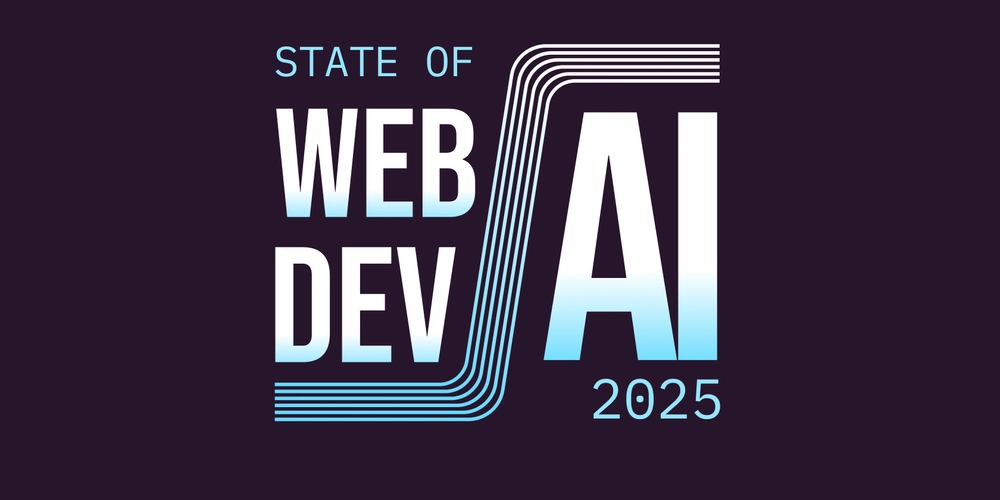
Security News: Stay Safe Online with This Week's Cybersecurity Round-Up (April 2025)
Cybersecurity threats are constantly evolving. Are you prepared for the latest wave of malware, scams, and AI vulnerabilities? This week's round-up breaks down the most critical security news, equipping you with actionable steps to protect yourself and your data. We dive deep into emerging threats and provide practical solutions you can implement today.
Android Credit Card Stealing Malware: Is Your App Safe?
Malware stealing credit card details isn't new, but the method of distribution is evolving. This new Android malware hides within seemingly legitimate apps, using a "Malware as a Service (MaaS)" model.
- The Threat: "SuperCard X" avoids detection by antivirus engines, emulating legitimate card behavior to steal your credit card information via NFC relay attacks.
- Your Action: Download apps only from trusted sources (Google Play Store). Be cautious of apps requesting unusual permissions.
Chrome Extension Cookie Theft: Bypassing MFA is Now Easier
A proof-of-concept attack, "Cookie-Bite," demonstrates how a Chrome extension can steal session tokens, bypassing multi-factor authentication (MFA).
- The Threat: Attackers can inject stolen cookies into your browser, gaining access to your accounts (like Microsoft Azure) as if they were you.
- Your Action: Only install extensions from trusted developers. Be aware of request, use a secure browser (Brave or Tor).
Google Forms Scams: Don't Fall for This Trap!
Fraudsters are exploiting Google Forms to spread online scams. It's a reminder that even trusted platforms can be weaponized.
- The Threat: Scammers use forms to trick you into providing personal information or financial details.
- Your Action: If you suspect a Google Forms scam, immediately change your passwords, run a malware scan, and contact your bank to freeze cards if you submitted card details. Turn on MFA for all accounts.
Deleted GitHub Files: Secrets Still Visible
Deleting sensitive files from your GitHub repository isn't enough. In many cases, they can still be recovered, exposing valuable secrets.
- The Threat: Researchers built tools to recover deleted files from public repositories, uncovering API keys, tokens, and credentials for various services. A simple lack of understanting in Git can be the cause
- Your Action: Understand Git's capabilities. Use tools designed to securely remove sensitive data and secrets.
AI "Policy Puppetry" Attacks: Can AI Be Controlled?
Even the most sophisticated AI models, like ChatGPT and Gemini, are vulnerable to "policy puppetry" prompt injection attacks.
- The Threat: These attacks bypass AI guardrails, allowing malicious actors to generate harmful or inappropriate content.
- Your Action: Be skeptical of AI-generated content, especially if it seems unusual or suspicious. Demand that AI companies use additional security tools.
Staying Ahead of the Cybersecurity Curve
This week's security news highlights the ever-present need for vigilance. By staying informed about the latest threats and taking proactive measures, you can significantly reduce your risk online. Remember to practice safe browsing habits, secure your accounts with strong passwords and MFA, and always be skeptical of suspicious links and attachments.























